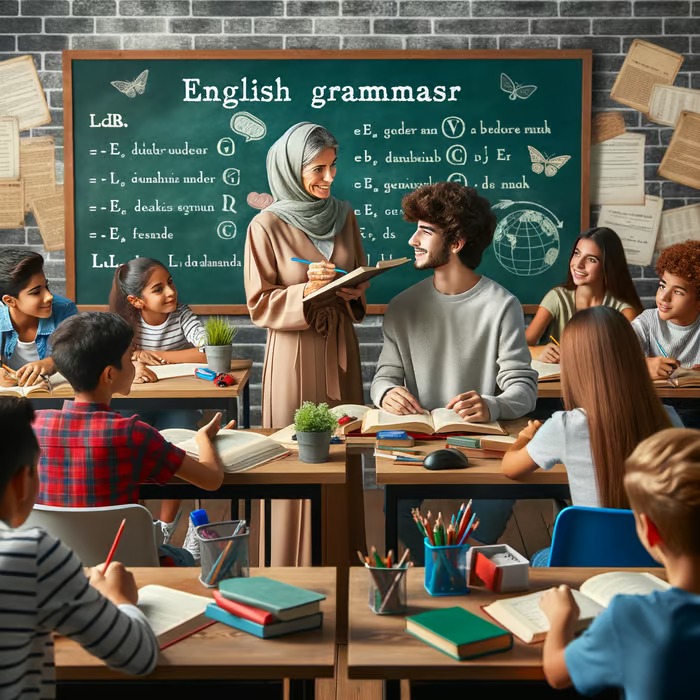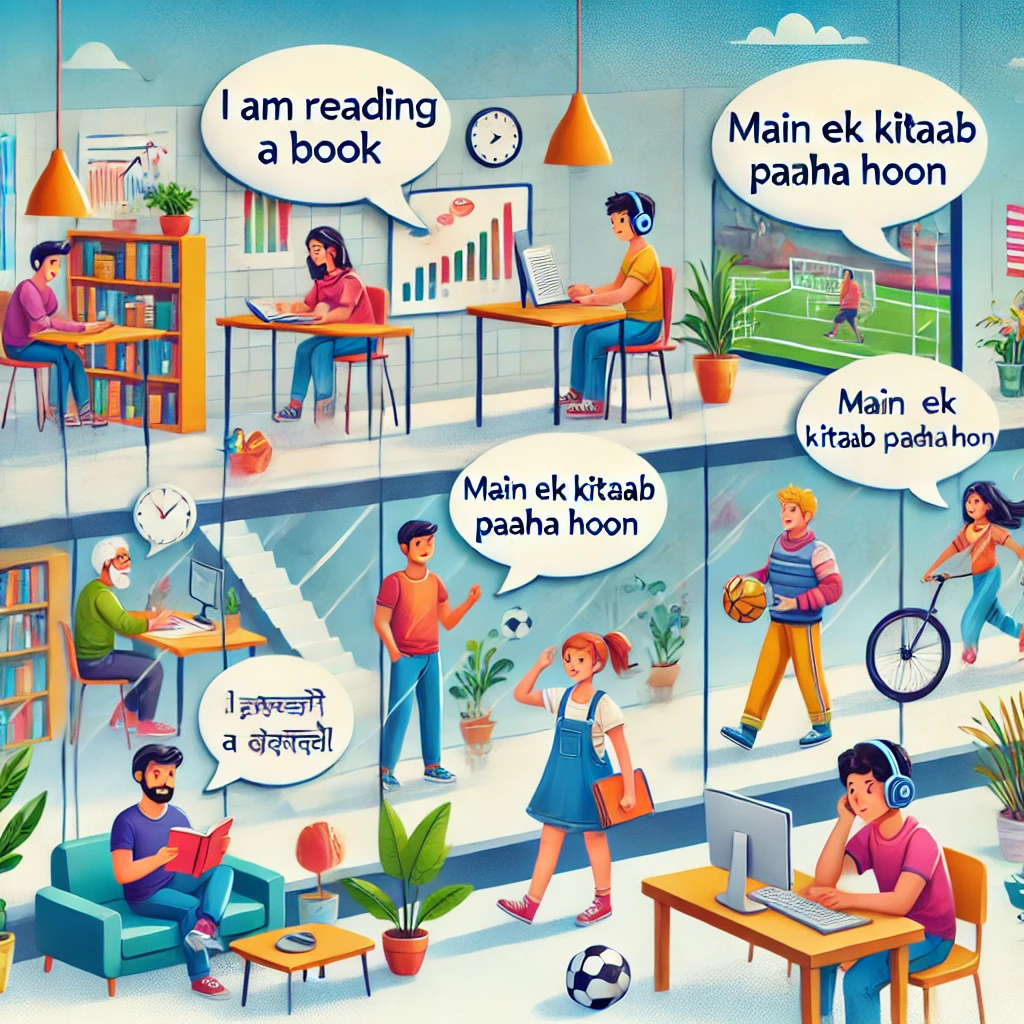English Explanation:
The future simple tense, using "will" + base verb, is crucial for giving clear instructions and directions, especially to learners with limited English proficiency. It avoids ambiguity about the time of the action (the future) and presents commands and guidance in a straightforward manner. Using this tense consistently reinforces a clear understanding of the time frame and promotes more effective communication during lessons and activities. Instead of saying "You go to the board," which lacks a sense of future action, "You will go to the board" clearly indicates the next step. This approach is especially helpful in a rural Indian context where the primary language isn't English, aiding comprehension and avoiding confusion between immediate actions and future plans. For instance, instructing students to complete a future task becomes unambiguous when phrased in the future simple: "You will write your names on the paper." This method enhances learning efficiency and fosters confidence in the students’ ability to understand and follow instructions.
Hindi Explanation:
भविष्य काल का सरल रूप, जिसमें "will" + मूल क्रिया का प्रयोग होता है, निर्देश और दिशा-निर्देश देने के लिए बहुत महत्वपूर्ण है, खासकर उन विद्यार्थियों के लिए जिनकी अंग्रेजी की प्रवीणता सीमित है। यह क्रिया के समय (भविष्य) के बारे में किसी भी प्रकार की अस्पष्टता से बचता है और आदेशों और मार्गदर्शन को सीधे तरीके से प्रस्तुत करता है। इस काल का लगातार उपयोग समय-सीमा की स्पष्ट समझ को मजबूत करता है और पाठों और गतिविधियों के दौरान अधिक प्रभावी संचार को बढ़ावा देता है। "You go to the board" कहने के बजाय, जिसमें भविष्य की क्रिया का भाव नहीं है, "You will go to the board" स्पष्ट रूप से अगले कदम को इंगित करता है। यह तरीका ग्रामीण भारतीय संदर्भ में विशेष रूप से सहायक है जहाँ प्राथमिक भाषा अंग्रेजी नहीं है, समझ में आने में मदद करता है और तात्कालिक कार्यों और भविष्य की योजनाओं के बीच भ्रम से बचाता है। उदाहरण के लिए, छात्रों को भविष्य के कार्य को पूरा करने का निर्देश देना भविष्य के सरल काल में स्पष्ट हो जाता है: "You will write your names on the paper।" यह विधि सीखने की क्षमता को बढ़ाती है और छात्रों के निर्देशों को समझने और उनका पालन करने की क्षमता में आत्मविश्वास को बढ़ावा देती है।
| English | Hindi | Roman Hindi |
|---|---|---|
| You will open your books. | तुम अपनी किताबें खोलोगे। | Tum apni kitabein khologe. |
| We will start the lesson. | हम पाठ शुरू करेंगे। | Ham path shuru karenge. |
| She will read the poem. | वह कविता पढ़ेगी। | Wah kavita padegi. |
| He will write the answer. | वह उत्तर लिखेगा। | Wah uttar likhega. |
| They will sing a song. | वे एक गाना गाएंगे। | Ve ek gana gayenge. |
| I will explain the grammar. | मैं व्याकरण समझाऊँगा। | Main vyakaran samjhaunga. |
| You will draw a picture. | तुम एक चित्र बनाओगे। | Tum ek chitra banaoge. |
| We will play a game. | हम एक खेल खेलेंगे। | Ham ek khel khelenge. |
| She will answer the question. | वह प्रश्न का उत्तर देगी। | Wah prashn ka uttar degi. |
| He will complete the exercise. | वह अभ्यास पूरा करेगा। | Wah abhyas pura karega. |



